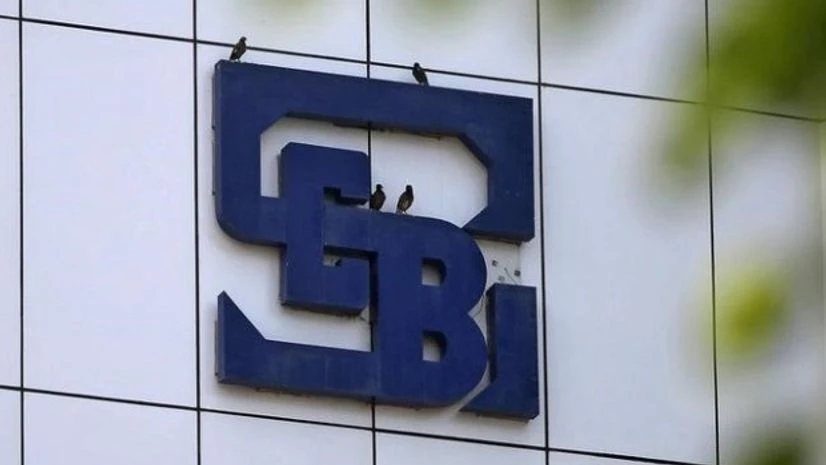Market regulator Securities and Exchange Board of India may soon reduce the timeline for initial public offerings (IPOs) and follow-on public offers (FPOs) of equity to four days from existing six days.
The issue at hand may be brought up at the Securities and Exchange Board of India board meeting on Friday, said two sources familiar with the matter. If implemented, the move would help in addressing concerns around market volatility in the interim period.
| PRESENT IPO TIMELINE |
|
In November 2015, Securities and Exchange Board of India had shortened IPO listing time to six days from 12 days. In 2010, it had truncated the initial public offering process and reduced the timeline from 22 days. The proposal for further reducing the timeline has been discussed with market intermediaries, said a source cited above.
More From This Section
Pranav Haldea, managing director, PRIME Database, said "Reducing the time of listing would help in taking care of market volatility in the interim period, as long as it is operationally feasible."
It would attract more participation from investors as their funds will be locked in for a shorter duration. Besides, it would bring India at par with the developed markets where the time between the initial public offering and listing is just one or two days. "Reducing T+4 is a welcome step towards bringing the settlement cycle of initial public offering to international standard of T+3," said Sudhir Bassi, executive director, Khaitan and Co.
Implementing a shorter timeline would require further strengthening of the initial public offering distribution system. "While framing the detailed modalities, it needs to be ensured that adequate time is available (with cushion for some inadvertent delay by any intermediary) to finalise the basis of allotment as it involves coordination among Application Supported by Blocked Amount (Asba) bankers, brokers, registrar, stock exchanges, lead managers, depositories and issuer and many of such agencies are outside the control of issuer, registrar and lead managers who are responsible for ensuring compliance settlement timeline under Securities and Exchange Board of India ICDR (issue of capital and disclosure requirements) regulations," explained Bassi.
As of now, those applying for offers under the institutional investors and high-net-worth individuals (HNIs) categories have to apply through Application Supported by Blocked Amount (Asba), where the application amount doesn't leave the applicant's bank account until the allotment process is complete.
"Foreign portfolio investors, like any others, will be happy with this move as this reduces the risk of market movements in the interim. It may, however, put an added pressure on the issuers and the intermediaries. Current process would need improvement to meet the reduced timeline comfortably," said Suresh Swamy, partner (tax and regulatory services), PricewaterhouseCoopers. This calendar year, 17 initial public offerings have mopped up close to Rs 12,000 crore so far.

)
